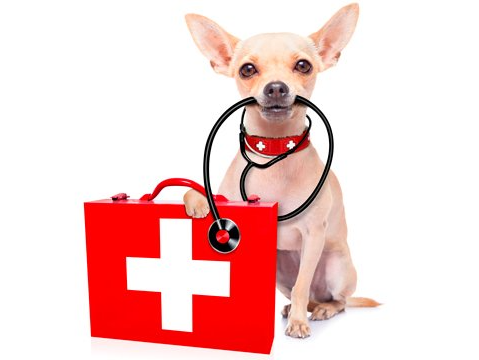When Should You Call An Emergency Vet?
Though we never want to imagine a medical emergency for our beloved pets, it’s important to be as prepared and educated on the topic as possible.
One of the best ways to be proactive in the event of a medical emergency is knowing how to identify a pet emergency in the first place.
Fast action is often essential in these situations, and can offer your pet the best chance at a full recovery
What is considered serious in our pets, and when should you call an emergency vet? Let’s discuss the details below.
What Is An 24/7 Local Veterinarian Clinic?
An emergency animal clinic or hospital is a facility that is prepared to care for critically ill or injured pets.
These clinics are typically open extended hours to care for patients staying overnight, and are filled with veterinary professionals that are trained in critical care.
These facilities are available when standard animal practices are closed, and can provide immediate care when your pet needs it most.
They are often a bit more expensive due to their extended hours and specialized staff, but these extra fees provide skilled care.
When Should I Call An 24/7 Local Veterinarian Clinic For My Pet?
Now that you are aware of what an 24/7 Local Veterinarian Clinic offers, let’s discuss the medical complications that require emergency care.
The conditions and ailments range from severe GI upset to trauma, so let’s break it down by category.
1.) Breathing Difficulties
Any form of respiratory distress is considered a serious medical emergency in our pets.
Whether they are experiencing labored breathing or a fast respiratory rate, this can be a sign of serious underlying complications.
An animal in respiratory distress could decline at any moment, which is why it is important to contact an emergency vet from the moment you notice respiratory changes.
2.) Bleeding
If your pet is bleeding for any reason, and you cannot get the bleeding to stop, we always suggest having them seen by a veterinarian immediately.
This refers to everything from a bleeding toe nail to a large wound as well as peeing blood, as any form of excessive bleeding requires care
We suggest applying pressure to wounds until you reach your vet’s office, as this will limit as much blood loss as possible.
3.) Constant Vomiting Or Diarrhea
Though GI upset may not seem like a major emergency, repetitive vomiting or diarrhea certainly can be.
Constant GI upset can not only cause rapid dehydration in our pets, but it can make a dog or cat feel terrible.
This is especially true if your pet is experiencing bloody diarrhea, as this can lead to severe dehydration and shock in many cases.
If your cat or dog is having repetitive diarrhea or vomiting, we suggest reaching out to an emergency veterinarian.
They can instruct you on whether or not your pet should be seen immediately.
4.) Neurological Symptoms
Neurological symptoms can be a terrifying thing to witness in your furry friend.
Some of the most common neurological symptoms seen in pets include seizures, disorientation, twitching, ataxia, and nystagmus, each of which can point to a serious underlying health threat.
Neurological symptoms in dogs and cats always require immediate attention, especially if they are having seizures.
A phone call to your local emergency vet can help you determine how serious of an emergency this is, and whether or not your pet needs to be seen ASAP.
5.) Trauma Or Injuries
If your pet is a victim of trauma or bodily injury of any kind, we always suggest having them seen by a veterinarian.
It is often impossible to know the extent of a dog’s injuries by simply looking at them at home, making it essential to get them checked out by a professional.
This is especially true if a dog was involved in a significant trauma, which can include anything from dog fights to being hit by a car.
If you are unsure of whether or not your pet’s injury requires immediate care, you can also call your local emergency vet for guidance.
They can help you make an educated decision based on the information you provide.
6.) Toxin Ingestion
If your pet ever consumes something that is potentially toxic, fast action is always essential.
A toxic substance can cause more damage to the body the longer it is allowed to absorb, which is why it is so important to have them seen quickly.
An immediate trip the the vet can allow your vet to either induce vomiting if needed, or at least determine the best game plan to minimize the toxic effect.
If you are unsure of whether or not something your pet just ate is toxic, you can always call your nearest emergency vet or the Animal Poison Control helpline at (833) 220-1880.
They can tell you whether or not the substance or item is dangerous, and offer you proper guidance on what to do next.
They can tell you whether or not the substance or item is dangerous, and offer you proper guidance on what to do next.
7.) Foreign Bodies
Similar to a toxin ingestion, any situation that could lead to a foreign body should always warrant a call to an emergency vet.
A foreign body is simply an item or material that becomes lodged in the stomach or intestines, leading to a life threatening obstruction within the digestive tract.
Some of the most common foreign bodies I’ve seen include tennis balls, socks, yarn, and chew toys.
If you are unsure whether or not your pet can pass the object they just consumed, we suggest giving an emergency vet a call.
8.) Distended Abdomen
Though it is not always a true medical emergency, a distended abdomen can point to a life threatening complication in our pets.
A distended abdomen can be a result of everything from GDV to fluid in the abdomen, all of which require immediate medical intervention to resolve.
While distended abdomen can occur with minor issues like food bloat or intestinal parasites, it is risky to just assume they are fine.
If your pet’s abdomen is suddenly distended, we always suggest calling an emergency vet or having your pet seen.
9.) Inability To Urinate
If your cat or dog is trying to pee with no success, this is something that should always be taken seriously.
Medical emergencies like urethral obstructions and bladder stones can make an animal unable to empty their bladder, causing not only significant pain for the pet, but the potential for bladder rupture.
If you ever see your pet squatting or attempting to pee without any urine production, we always suggest reaching out to an emergency vet.
If your dog does require a medical procedure to restore their ability to urinate, an emergency facility is the perfect place to do it.
How Can I Help My Pet In An Emergency?
Pet emergencies are stressful, so it can be challenging for us to respond in a way that best helps our animal.
Your pet is likely already stressed as a result of their current discomfort, so any overwhelming emotions from us can make it even worse for them.
Once you have taken a few deep breaths and have calmed down, you can then contact an emergency veterinary clinic.
Another way to help your pet in an emergency is by being prepared ahead of time.
This includes having the local animal ER’s number saved in your phone, having a folder with all of their medical records, as well as knowing where the closest animal ER is located.
Once you have these things prepared and ready, all that you have to focus on in an emergency is getting your pet to the vet safely.
Final Thoughts On Pet Emergencies And When To Call
If your cat or dog is experiencing any of the medical emergencies we listed above, we suggest reaching out to your nearest vet or emergency animal hospital for guidance.
Based on the information you provide over the phone, they can give you advice on whether or not they need to be seen immediately.
It is impossible to diagnose or give advise over the internet or from reading an article online.
Our advise is that if your dog or cat is experiencing any of the above signs or symptoms, then you should call your local emergency vet or animal hospital and let them know what is going on.
Contact with your local vet for the best advise
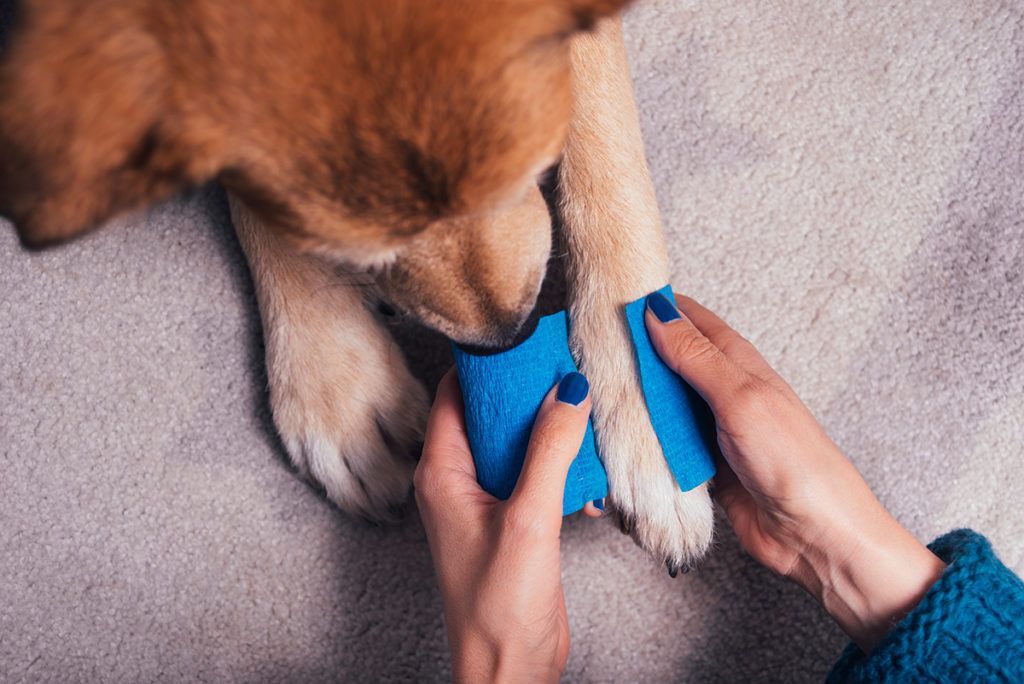
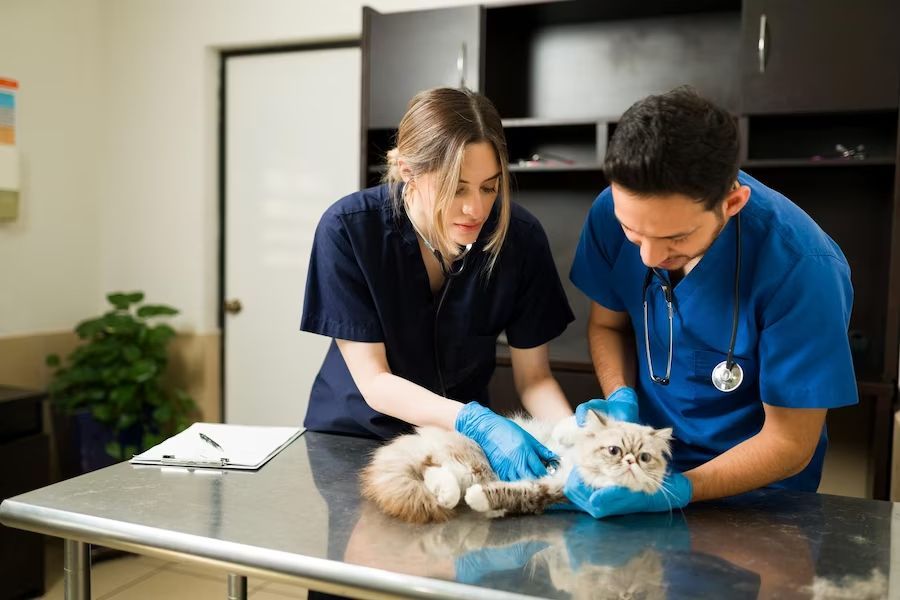
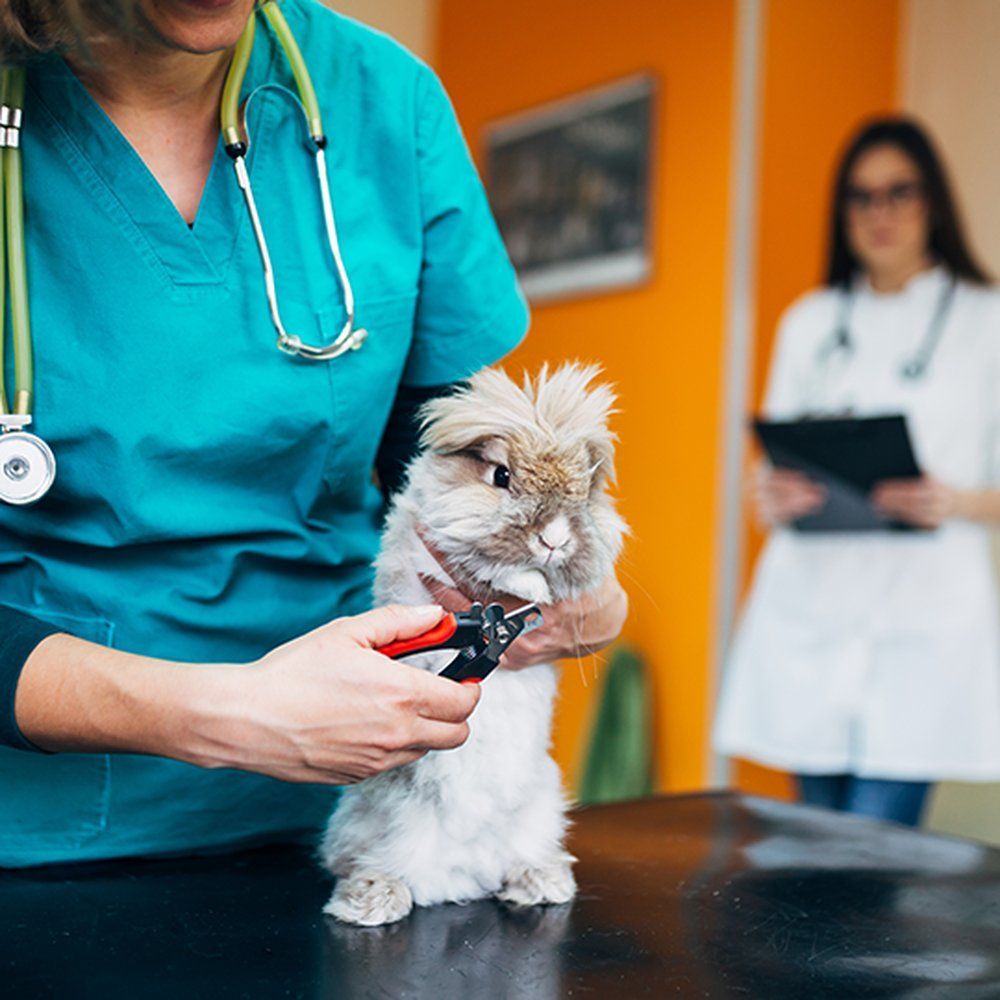

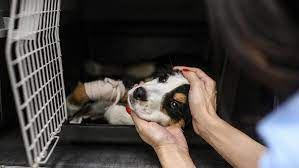
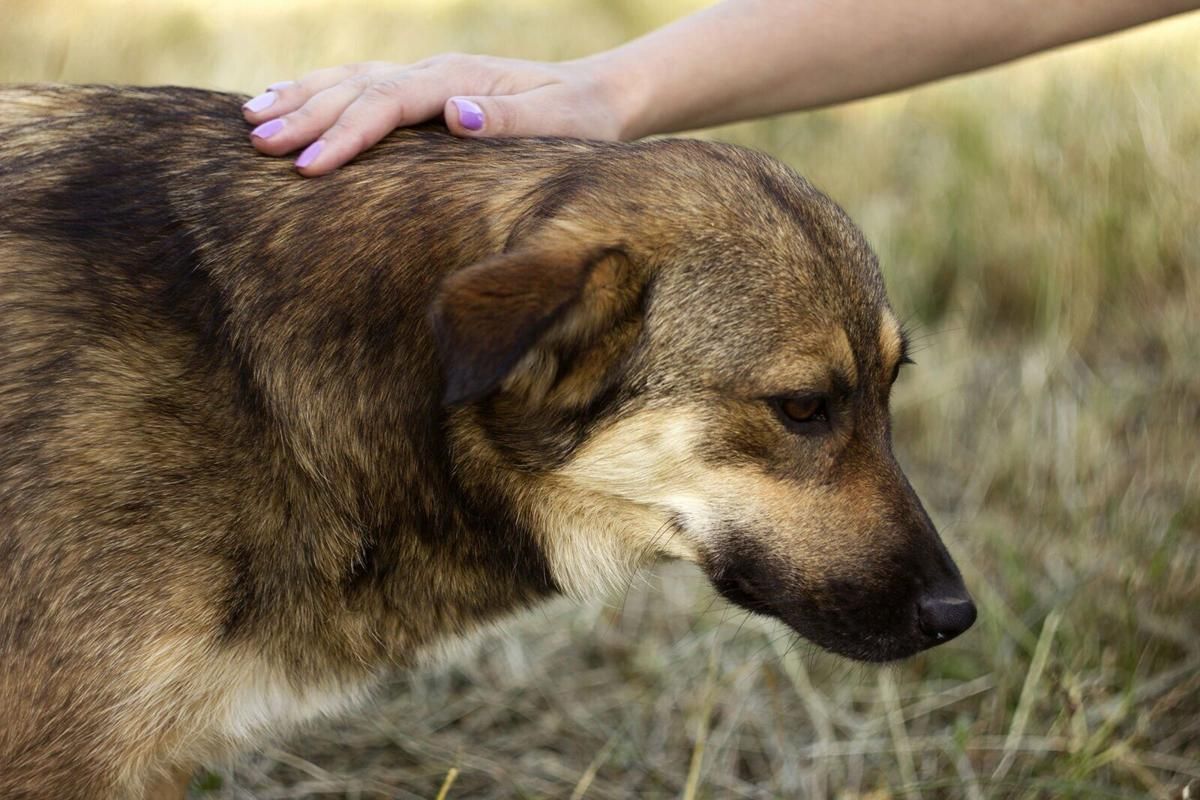
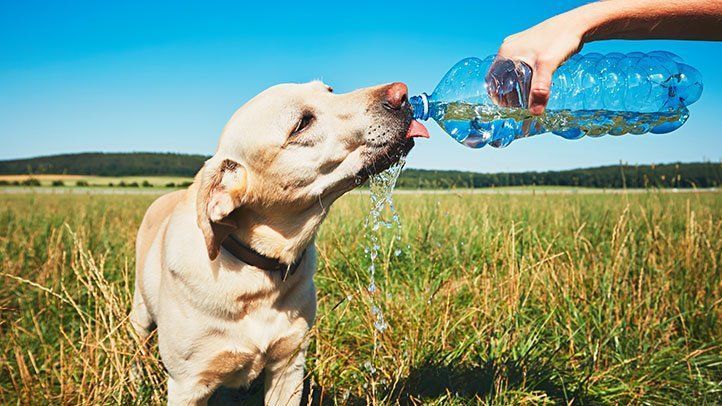

Resource Center




24/7 Local Veterinarian is a Veterinarians referral service. We connect you with Veterinarians in your area. All Veterinarians are operated independently of 24/7 Local Veterinarian. It is the responsibility of each user to verify that the Veterinarian connected with meets all licensing and insurance requirements in that jurisdiction.
Photos on 24/7 Local Veterinarian are for design purposes only and do not represent the vets services in your area.
Services will not be available in all areas, and when services are available, they may vary depending on providers available.

